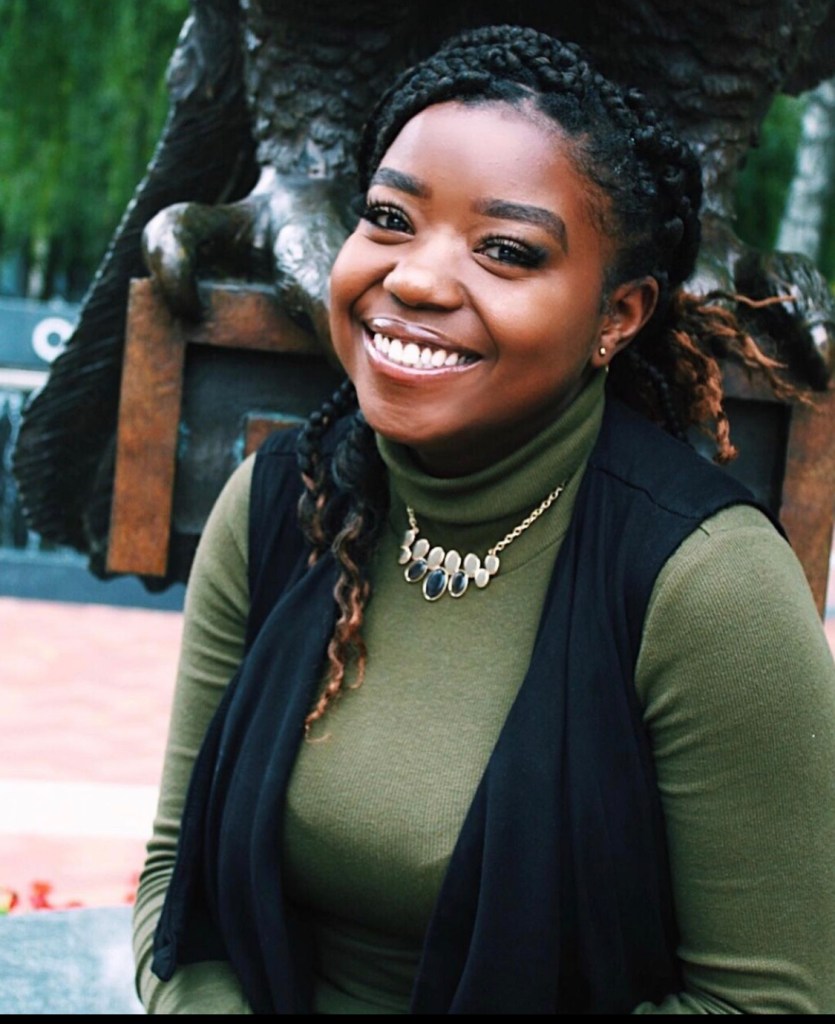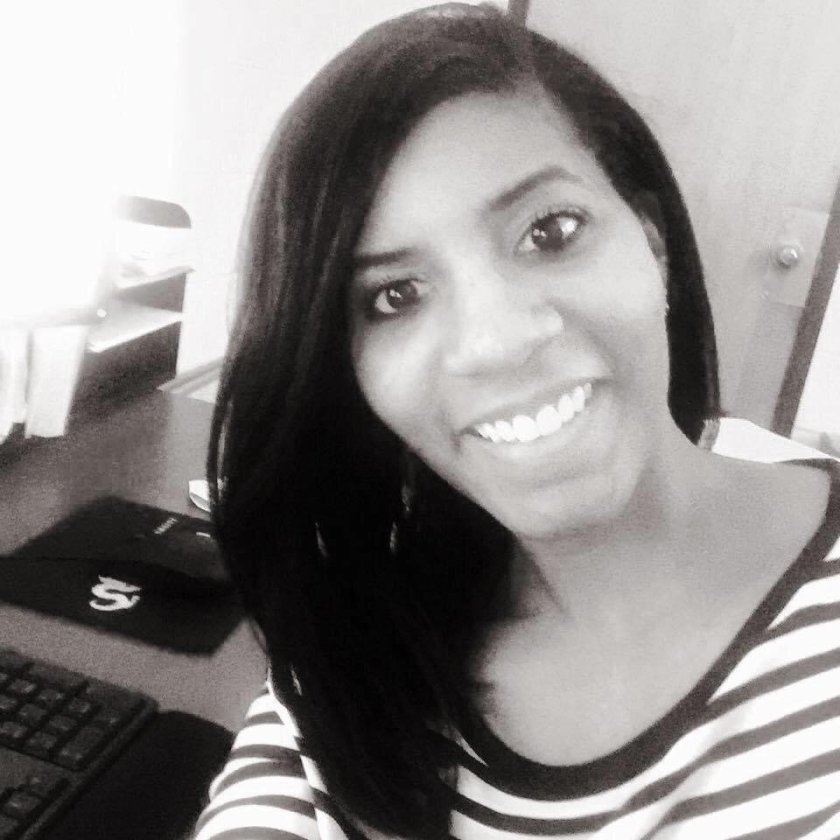For 38 years, the Academy’s Women In Natural Sciences program has been providing young women from Philadelphia public and charter schools with hands-on science workshops, career and college exploration and positive youth development.
WINS students receive the information, encouragement and confidence they need to shape their futures and redefine what it means to be a leader in science, technology, engineering and mathematics (commonly referred to as STEM). The program’s mentoring and support has resulted in 100% of WINS students graduating high school and over 96% attending college.

In 2019, the addition of Engineering Women In Natural Sciences was made possible through a $1.2 million grant from the iTEST (Innovative Technology Experiences for Students and Teachers) program at the National Science Foundation. Hosted by the Academy and in collaboration with Drexel’s College of Engineering, School of Education, the Philadelphia Education Fund and industry partners, the initiative includes curriculum development, student internships and professional development for students and their mentors to address the barriers that impede the success of young women of color in STEM, specifically in engineering.
Participating students are paired with mentors who supervise the young women in their labs, at research sites, or at other types of engineering worksites. EngWINS students receive increased engineering experiences and connections with working professionals.
For mentors, the EngWINS program guides working engineers and faculty through a full year of training in mentoring under-represented students. The mentors learn ways to combat stereotype barriers and implicit biases as they work to design a new engineering curriculum that sparks and sustains the interests of women of color in grades 9–12.
We sat down with two of the amazing women leading this transformative program: Betty Louis, the Academy’s EngWINS coordinator, and Ayana Allen-Handy, PhD, assistant professor of Urban Education in Drexel’s Department of Policy, Organization and Leadership.

Betty graduated from WINS in 2015 and went on to receive her degree from Temple University. In 2020, she returned to the Academy as the coordinator of the new EngWINS program shortly before COVID-19 impacted the way we work and learn.
Ayana is a principal investigator on the EngWINS grant and her lab, the Justice-Oriented Youth Education Lab, directs the project research. Grounded in critical race and intersectional theoretical framings, her work is dedicated to racial, social and educational justice and is built upon debunking and reframing pejorative narratives of urban students, schools and communities. Her work strives to reimagine urban, from a place of decline to a place of possibilities.

Why did you want to work with the EngWINS program?
Betty Louis: When I was a WINS student, I took every opportunity possible to keep moving forward with my education. And reflecting on that, I feel like WINS really helped me get outside of my shell and open my eyes to different careers. That’s one of the reasons I wanted to come back. It was a monumental moment in my life and helped me navigate my interest in the sciences.
WINS is not about tutoring. It’s an extracurricular activity for girls to really find ways of enjoying science using real world connections to really engage them. It’s about illustrating what science can be and how they can see themselves in those STEM careers. We try to bring the fun component of science because sometimes in school, with the standardized testing and the curriculum teachers have to follow, they need WINS to show the fun side of science to spark the engagement and curiosity.
Ayana Allen-Handy: When I came to Drexel in 2015, I met Jacquie Genovesi (Vice President of the Center for STEAM Equity at the Academy of Natural Sciences). We became friends after working on a few grant projects, and in 2016 she reached out to me about the potential to collaborate on the EngWINS project. I was excited to become actively involved.
The EngWINS team is amazing. I really like working on this interdisciplinary team. I’m not a science educator, and I don’t have a science background, but I have a strong equity lens and it’s combined with the expertise of the other PIs and team members. You have Dr. Jacquie Genovesi, Dr. Sharon Walker, the Dean of Engineering at Drexel, Kim Godfrey, the Manager of Social Justice Programs at the Academy, and Nancy Peter, the Director of the McKinney Center for STEM Education at the Philadelphia Education Fund. It’s a dynamic team and I love the ability to come together with people from various backgrounds to work on this amazing program. I think that is the culture we have at Drexel. We have different people with different expertise and different interests, and when we come together, we can make something really beautiful.
How has a virtual year of learning impacted EngWINS?
Betty : When I was a WINS student, I feel like my favorite component was the use of real-world connections and what pulled me to apply for this position is the social networking on the different levels – with the scientists and researchers and different students I get to engage with every day. So currently, in this pandemic, what’s been motivating me is really navigating my way through the virtual realm and really grabbing my students’ attention, as well as providing social networking with scientists and finding the right balance to engage the students.
Ayana: The challenge for all of us has been thinking out of the box about how to do this right. How to create an experience that mirrors what the experience would be in real life, and that has been challenging. But concerning the relationships, by using technology and staying in touch, we’re able to communicate as if we are in person. I think that as humans we’re adaptable, and we’ve found the best way to be together.

What is the future of the program?
Betty: After every lesson plan, I collect student data to assess and optimize the next lesson plan. It’s been hard to build connections through the virtual realm, so I needed to bring in those real-world connections for the students. We created engineering kits for the students and hand-delivered them at the beginning of the pandemic. Some of it’s like basic office supplies, but we use them in our curriculum as projects. They can build and create those connections with the content. While we’re maintaining the virtual learning space, I’m researching the ways I can optimize the curriculum and finding new ways of engaging the students through the screen.
Ayana: When we put together a research plan for EngWINS, we were really interested in two components: the girls’ experiences and the mentors’ experiences. In terms of the mentorship, we were really interested in research questions around their critical consciousness development. We were hoping that through the professional development, we could see a clear change in their cultural competence, mindsets and dispositions. We also wanted to get a baseline for the girls in terms of their own STEM identities to understand what their visions were for possible STEM careers in the future. Overall, we have employed a mixed method plan to collect data quantitatively and qualitatively. We were able to conduct the baseline with the girls, but we weren’t able to collect data on the mentors yet because of COVID.
Join us on Thursday, March 11 at 4 p.m. to celebrate Women In Natural Sciences at the free Zoom event Life After WINS Alumnae Panel. Now in its eleventh year, Life After WINS highlights and celebrates current WINS students and the successes of program alumnae. Panelists will share meaningful experiences from the program and the impact it has had on their lives. Learn more and register at ansp.org/WINS.
This material is based upon work supported by the National Science Foundation under Grant No. 1849735. iTEST Project: Engaging Women in Engineering: Training Mentors to Make a Difference
By Caitlin O’Brien, Director of Major Gifts, and Katie Marquardt, Manager of Membership and Appeals


One comment